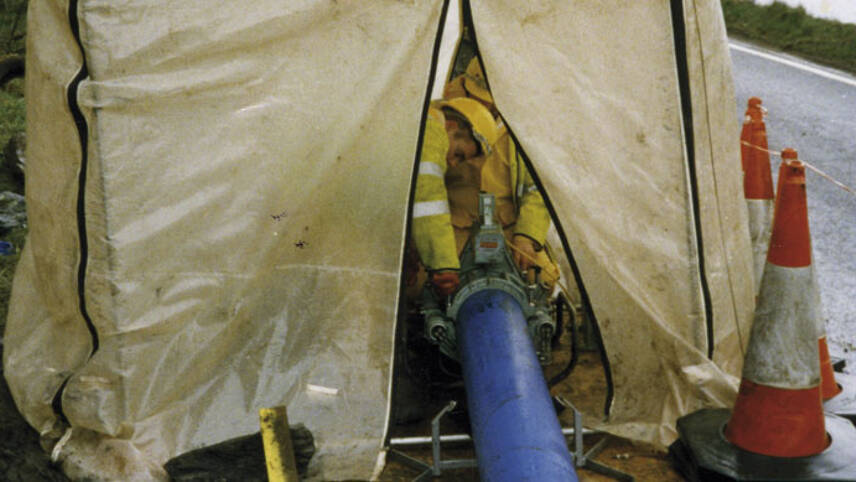Member only content free until 26/05/2024
To continue reading this article and enjoying free access to all Utility Week’s content up to the 26/05/2024 Register today!
Ready to become a member?

Bristol Water has escaped being hit with a penalty for anti-competitive behaviour by committing to spilt up part of its business.
The water company has pledged to Ofwat to create “two distinct and separately staffed functions”, namely a retail-facing and wholesale -facing business units, to ensure self-lay organisations are not being unfairly disadvantaged when it comes to connecting new developments.
The move followed complaints from self-lay organisation (SLOs) that Bristol Water has used its dominant position to harm competition, and it has resulted in the investigation by the regulator being closed with no penalty being imposed.
To rectify this, Bristol Water proposes to establish a retail interface, which will respond to pre-development enquiries, and a wholesale interface, which will be responsible for the assessment of the capacity of the network, the identification of the infrastructure, and for the calculation of the estimated installation cost.
Alongside these structural changes, the water company has also committed to amend its public and internal policy document to ensure they are clear, simple, and accessible.
It will also introduce the role of network site agents, who will become responsible for the oversight and management of works in relation to any new development.
A spokesperson from Bristol Water said it has “taken these complaints seriously” and that the changes made “have satisfied the complainants and Ofwat”.
Ofwat senior director for customers and casework Richard Khaldi said: “Our decision addresses the specific concerns referred to us by two of Bristol’s SLO customers.
“These commitments will help ensure an effective and fair market, which is good news for customers and the local economy.”
Ofwat has ruled that these commitments will address the competition concerns and they will become enforceable under the Competition Act.
This is the second time Ofwat has accepted commitments under the Competition Act 1998, the first being from Severn Trent in January 2013 to sell its laboratories arm in response to allegations that a number of contracts entered into by Severn Trent had been priced below cost.
The regulator also said that the issues raised in this case “are relevant to the sector as a whole”.
Khaldi added: “All companies need to understand who the customers of each of their services are, and to make sure they are meeting their obligations to ensure a fair, effective market.
“This can be a particular issue when a company is delivering both contestable and non-contestable services alongside each other.
“It will also become even more relevant as competition increases as a result of the Water Act 2014.”




Please login or Register to leave a comment.